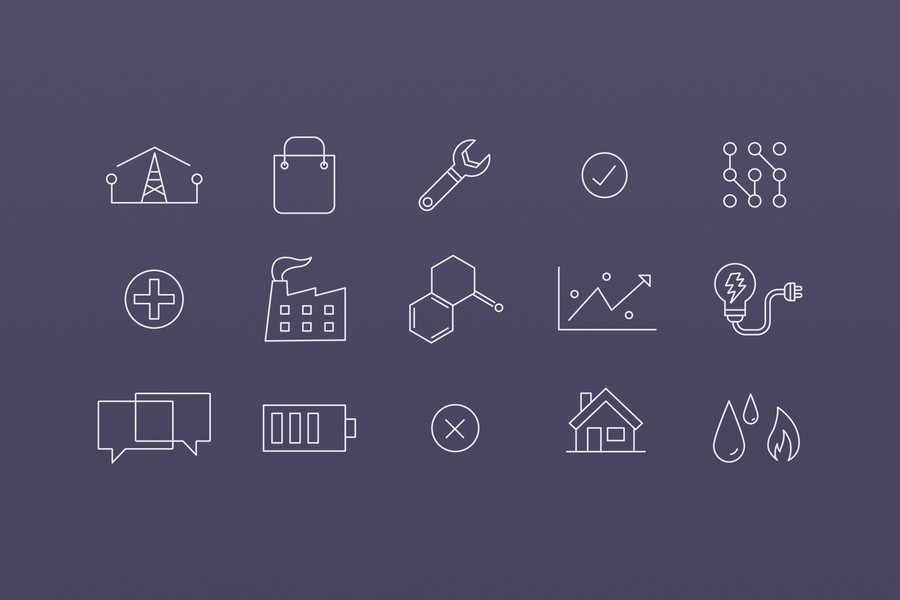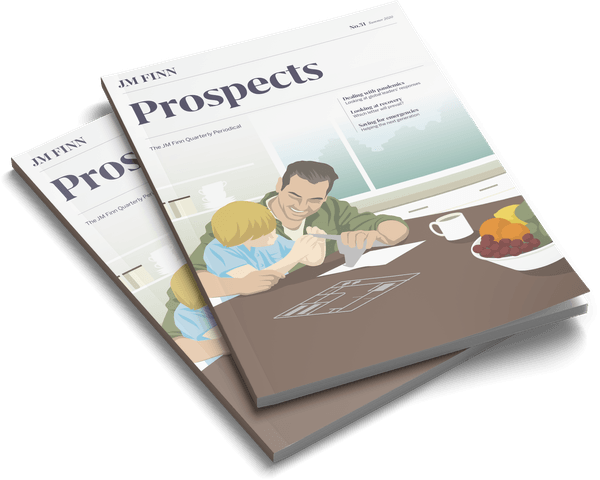BP
Price £3.14
52 week high-low £5.63 – £2.23
Net Yield 10.70%
Hist/Pros PER 31.53 – 126.31
Equity Market Cap (M) £62,439
Oil and gas
Daniel Morris – IR Director
Following the arrival of the new CEO Bernard Looney, BP announced a revised strategy with a greater emphasis on sustainability and a new lower carbon emissions target. The new goals set an aim for net zero carbon emissions in operations and oil and gas production, including scope three emissions, on an absolute basis by 2050.
A company’s carbon emissions are classified as either scope one, two or three. Scope one refers to direct emissions from production. Scope two refers to indirect emissions from energy purchased by the company. Scope three refers to all the indirect emissions within the value chain of production, including the emissions from the end products' use. Scope one and two only account for c.10% of BP’s emissions.
The question becomes, how can an oil major reduce its scope three emissions without reducing volumes? Scope one and two can be reduced with offsetting, but scope three will require a more extensive approach. Additionally, as scope three emissions for BP will encompass scope one emissions for their suppliers or consumers, some collaboration will likely be required.
The new targets have pitched BP ahead of its peers but 2050 is a long way off. Whilst appropriate solutions will be needed in the long term, I wonder how much motivation there will be in the near term. Until BP outline concrete measurable goals at more realistic time intervals, I’m maintaining a healthy dose of scepticism. Despite the upheaval that Covid-19 has brought to markets and the oil and gas sector particularly, at the first quarter results, BP restated their plans and said that they will provide answers on how they plan to achieve their targets in September.
Croda
Price £52.08
52 week high-low £54.15 – £38.14
Net Yield 1.74%
Hist/Pros PER 30.02 – 28.92
Equity Market Cap (M) £6,676
Basic materials
Jez Maiden, Group Finance Director & Nick Commandeur, Corporate Development Director
Croda International is a speciality chemicals company founded in 1925 by George Crowe and Henry Dawe who focused on extracting lanolin, a natural protective grease present in sheep wool, to make use of its many valuable chemical properties. Today Croda develop, manufacture and market high quality ingredients and technologies that form the basis of many key products in areas such as skincare and medicine. The business is split into four operating segments: Personal Care, Life Sciences, Performance Technologies and Industrial Chemicals. What really sets Croda apart is that c. 60% of Croda’s raw materials are non-petrochemical (oil) based, whereas peers typically rely heavily on oil based raw materials. This gives Croda a differentiated competitive advantage, especially now, as consumers increasingly want to assess what’s in a product.
Having met Jez Maiden at a relatively early stage of this pandemic I investigated how Croda was being impacted and responding to the Coronavirus challenge. Clearly, the regional impact was more severe in China relative to the US and Europe. However, as China is an important wool grease producer for the business, it was encouraging to hear that capacity had improved towards 80% of normal.
Meanwhile, on a divisional basis, Performance Technologies continued to face a challenged automotive backdrop, whereas Personal Care and Life Sciences had held up relatively well as, I suspect, customers brought forward purchasing decisions in anticipation of more stringent lockdowns. Clearly, ahead, Croda may face a lumpier order book as customers work down inventories but their divisional balance between defensive and cyclical sectors could help Croda weather the current storm.
Vodafone
Price £1.34
52 week high-low £1.69 – £0.93
Net Yield 5.56%
Hist/Pros PER N/A – 19.72
Equity Market Cap (M) £36,267
Telecommunications
Simon Hill – Senior IR Manager
Vodafone has been undergoing a period of simplification and geographical consolidation. Over the last year Vodafone sold its stake in Egypt to Saudi Telecom and withdrew from Australia via a merger with TPG. They confirmed that their portfolio is now positioned as they wish, with just the European and the Sub-Saharan Africa divisions. Within Europe Vodafone expanded its presence in Germany with the purchase of the cable company Unitymedia from Liberty Global, making Germany the largest division within the group. The structure of German cable TV is a little different than the rest of Europe; Unitymedia benefit from the Nebenkostenprivileg law in which landlords are able to add cable subscriptions to a tenant’s rent. The contract is between the landlord and the cable company and tenants are unable to opt out of the service. Unitymedia serves about two thirds of its homes in multi-dwelling units and tenants pay between €5-7 per month as part of their rental package to receive a basic television service with little incentive to switch provider. This equates to around 11m locked in customers.
Since Vodafone’s purchase of Unitymedia there have been questions raised about whether this constitutes anti-competitive behaviour. There is now a move in Germany to allow tenants to individually break from these contracts and if this goes through, Vodafone could lose around 30% of profits from Germany. This will not happen all at once but Vodafone’s new asset could shrink over a number of years. Vodafone are convinced this change in law will not get passed. It would result in increased costs for providers, which would be passed on to consumers as higher prices, and regulators will want to avoid this.
BASIC MATERIALS
Rio Tinto
BHP Group
Givaudan
Victrex
Croda International
CONSUMER GOODS
Associated British Foods
Persimmon
Imperial Brands
Anheuser-Busch Inbev
Fevertree Drinks
CONSUMER SERVICES
Mccoll's Retail Group
Ocado Group
Moneysupermarket.com
Compass Group
RELX
ASOS
FINANCIALS
Derwent London
Barclays
Lloyds Banking Group
London Stock Exchange Group
Prudential
Big Yellow Group
Burford Capital
HEALTH CARE
Dechra Pharmaceuticals
Genus
Intuitive Surgical
Roche Holding
INDUSTRIALS
Hill & Smith Holdings
Rolls-Royce Holdings
Bae Systems,
Bureau Veritas
Intertek Group, Bunzl
Ricardo
Grafton Group
Travis Perkins
Spirax-Sarco Engineering
Halma
Alpha Financial Markets
Diploma
OIL AND GAS
Ceres Power Holdings
BP
TELECOMMUNICATIONS
BT Group
Vodafone Group




